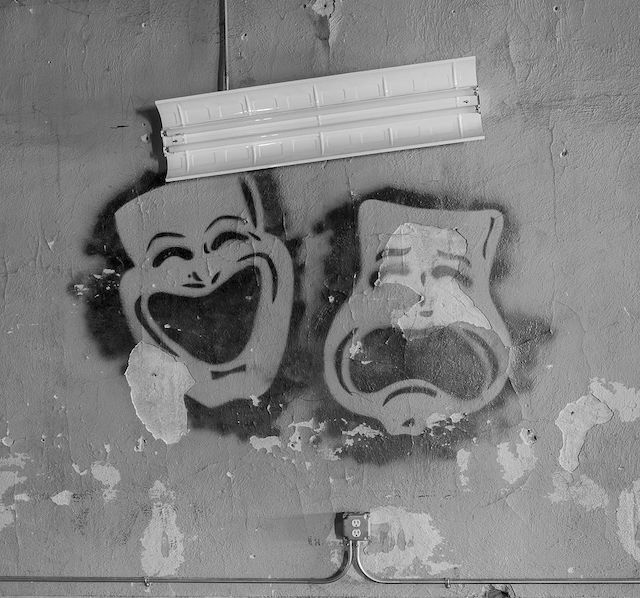Featured in

- Published 20241105
- ISBN: 978-1-923213-01-2
- Extent: 196 pp
- Paperback, ebook, PDF


Already a subscriber? Sign in here
If you are an educator or student wishing to access content for study purposes please contact us at griffithreview@griffith.edu.au
Share article
About the author

Phil Brown
Phil Brown is an arts journalist and commentator, poet and author who has worked for all the major news outlets in Australia and internationally.
More from this edition

A cynic’s guide to unbelief
Non-fiction THE TITLE OF this article is misleading – because I don’t know anything. This is important to note in case you are here thinking you...

On the contrary
In Conversation Australian novelist Lexi Freiman knows how to walk a literary tightrope. Her fiction is both savagely funny and strikingly empathetic, daring to satirise the...

Pyjama Man
Poetry Though he lives in a rundown unit above a busy intersection, the pyjama man imagines that the sounds of the traffic are the waves of the ocean. It is...